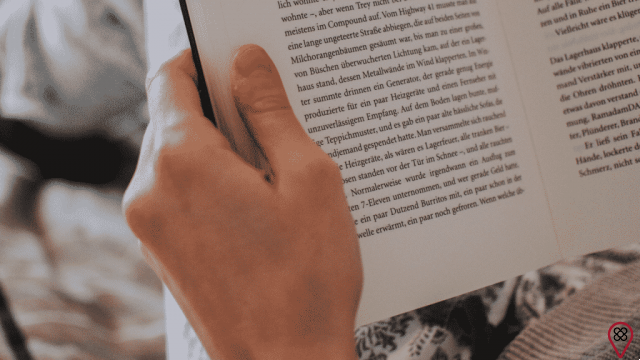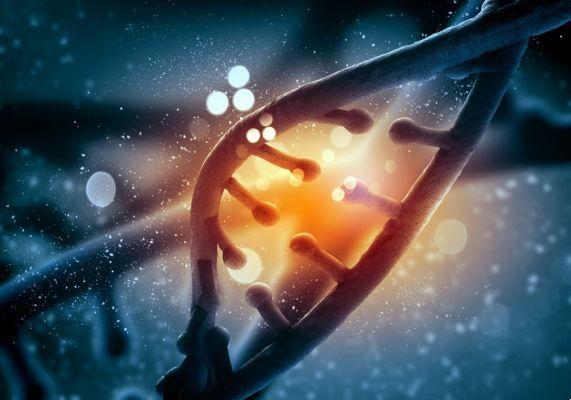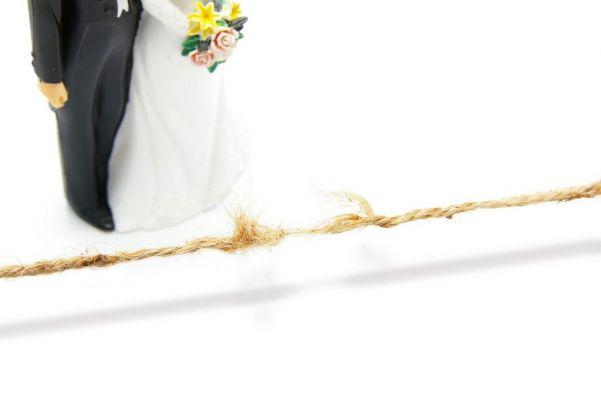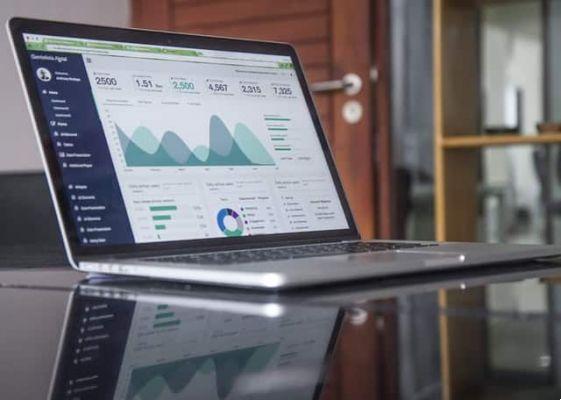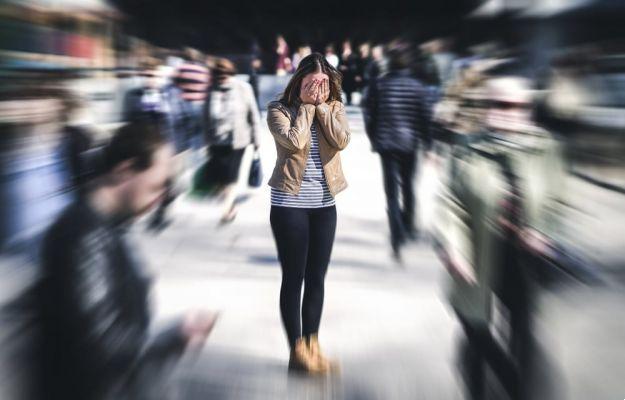If there is one word that can define the year 2020 so far worldwide, it is pandemic! According to the World Health Organization (WHO), it occurs when “the worldwide spread of a new infectious disease spreads across different continents in a very rapid and uncontrolled way”.
We have already experienced other pandemics, such as the “swine flu” in 2009 caused by the H1N1 virus, in which more than 300 people died worldwide, and it lasted approximately 1 year until the WHO decreed the end of the outbreak. But the current pandemic (COVID-19) caused by a virus of the coronavirus family (SARS-CoV-2), which studies show started in December 2019 in Wuhan, China, has taken on proportions never before experienced in contemporary society and quickly has become a global public health problem.
Did you know that there is a Netflix documentary, “Explaining”, released in November 2019 (one month before the first case in China of coronavirus), where in the second season episode titled “the next pandemic”, scientists said that a new pandemic was imminent, was it to happen at any moment!? With the participation of Bill Gates, who said: “The next pandemic could be from a virus that we are not prepared for (…) The economy is going to crash. The cost to humanity will be unbelievable and no country will be immune from the problem that will be created.” They even said it could very likely come from China! Many people were baffled by the documentary, saying it looked like an apocalyptic prediction! But really, it's just a lack of information from the general population on the issues of how the planet has been neglected! Mathematical studies relating socioeconomic behavior and the current level of environmental imbalance already pointed to this. A system that is not balanced leads the world down the path of pandemics! So it wasn't that much of a surprise, was it!? The documentary talks precisely about the forms of rampant consumption and disrespect for wildlife and the catastrophic consequences that can occur! The issue, in my view, is the lack of global awareness to want or not to see that we are all integrated and that there is no plan B! For decades, studies and models have shown us the urgency of taking another path, thinking in a less harmful and exploitative way of natural resources. The concept of “sustainable development” emerged in 1987! For over 30 years! And unfortunately, except in local communities (peoples of the Earth) and some one-off actions (locals) around the world there is success. In general, it remains just a concept disconnected from practice and reality.
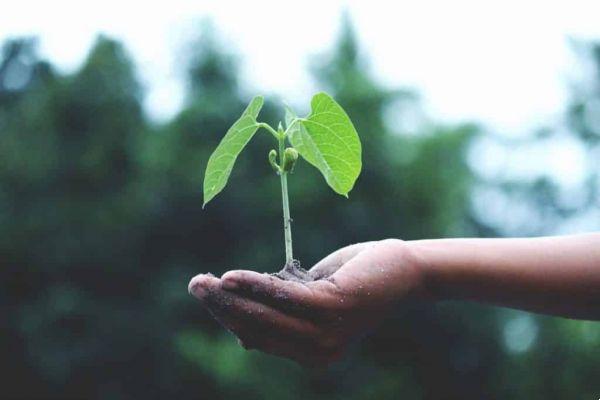
Why associate pandemic and sustainability?
In times of pandemic and isolation we can understand more concretely how we are connected. We see how we “set up” our global system and how vulnerable it is.
There are several systems out of balance, but there is a consensus that pandemics are directly correlated with climate change, decrease in biodiversity and desertification by fires and expansion of agriculture. Agricultural production is an important contributor to global warming, but there is a large “lobby” for this not to be discussed. The production system generates gas emissions responsible for global warming in production (animal flatulence), not to mention the very high consumption of grains and water to maintain the entire system! In the United States, approximately 70% of the antibiotics consumed annually are to maintain healthy animal production, due to the confinement system of large-scale meat production. This topic is worth studying, so that you, the reader, are aware of the magnitude of the impacts of agriculture! Another issue is that, when we reduce the green areas, the limits between cities and forests are very close, this allows a great potential for contact with wild viruses and diseases for which our immune system has no defenses, increasing the probability of pandemics, as many studies point out that was the case of COVID-19.
Many “condemn” China for being responsible for the pandemic! An emerging country, which has a population of over 1 billion and a large part of this workforce is recruited to work in precarious conditions; obviously using this euphemism of precarious conditions for what we know in many cases amounts to slave labor and a lot of child labor! But, before the pandemic, this wasn't "the West's problem", was it!? At the beginning of the pandemic in Spain, in one of the press conferences by the then Minister of Health Henrique Mandetta, he questioned in a very nonconformist way, how could practically all the respirators in the world be produced in China? We know why! The answer is simple! Cheap labor and less stringent legislation and/or environmental inspections on waste disposal. Ex: the 3M factory originated in the United States, but moved all its production to Asia! Because? That is the question!
In this difficult time that we face worldwide, we can reflect on the phrase "does not exist outside" the planet! Because when the human (in all its dimensions) and ecological systems are not balanced, we "pay the bill" socioeconomic and environmental as it is happening right now!!
That's why the pandemic is a beautiful invitation for us human beings to rethink all our actions!! To rethink what it is to be a “human being” within a post-contemporary post-world context and what legacy we want to leave! What world do we want to live in!?
What does it mean to be “sustainable”?
Sustainability is on the rise! It's in fashion! But what does it really mean!? In fact, the most important thing is to understand that it is not a concept, but a change of mentality, of paradigm that according to environmental sociologist Enrique Leff, we need to re-signify our relationship as a human being and the way we appropriate nature! Currently, the operating model leads us to believe that resources are unlimited and that we are not integrated! But the pandemic is a great wake-up call for us to understand that it's time to "recalculate our route" as humanity! But for change to occur “outside” it is necessary to change “inside”! This applies to all levels of our life (relational, professional, personal, etc.). Sometimes we win, and sometimes we “learn”. What do we need to learn in this new reality!?
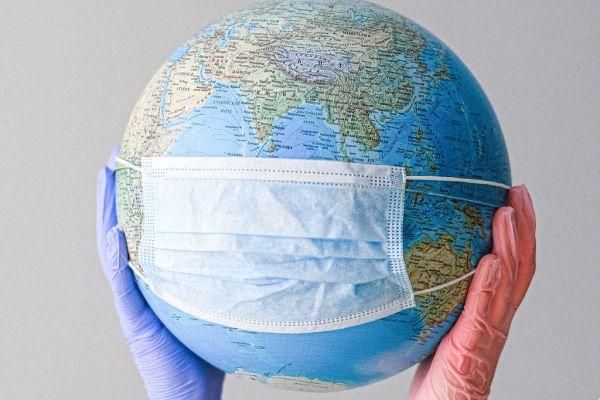
Below is a brief historical account of the term sustainability:
HISTORY ON SUSTAINABILITY
1972 -1st conference (UN) in Stockholm where environmental issues were discussed worldwide.
1987 – At this meeting, in Brundtland, the document “Our Common Future” was generated, where they defined “sustainable development” as capable of meeting current needs without compromising future generations.
1992 – Rio 92, main documents: Agenda 21, Convention on Climate Change, convention on biological diversity, etc.
1997 – Kyoto Protocol: Combating Global Warming, Clean Development Mechanism (CDM), Carbon Market, etc.
2012 – Rio + 20: sustainable development.
2015 – New York: launch of the 17 Sustainable Development Goals (17 SDGs)
We see that in terms of documents, we have been discussing worldwide (since 50 the 1972st UN Conference) very important topics for almost 1 years and that the production of scientific knowledge and political debates on planetary solutions are well advanced. Unfortunately, what we realize is that there is a big gap between knowledge and practice! What leads to such a gigantic “gap”?! Probably one of the explanations is the need for a change of mindset! Change in how to “perceive” the world and the interrelationships between man/man and man/nature. The philosopher Zigmunt Bauman published several books talking about how we shape our thoughts from the development of capitalism and how our unbridled consumption pattern occurs and how we “take” this fleetingness to form our own “world view” and in our relationships in general. , transforming us, according to the author, into a “liquid society”, “liquid love”, where everything runs out quickly and has no solidity!
Changing the mindset is the only option!
Why is it so crucial to change the pattern to a more sustainable posture? While it doesn't arrive in our "backyard" it's not our problem, is it!? That's how most of us do it! The oceans have been screaming for ages! The fires in Australia a few months ago clearly showed us planetary imbalances, but how has it affected my life!? superficially did not affect anything! Only superficially! That's why the pandemic is a beautiful invitation to reflect, for everyone to awaken their own awareness that the problems of deforestation, desertification, decrease in biodiversity and acceleration of global warming are our problems! Sooner or later it will arrive in your 'garden'!
How to make a difference in everyday life?
A change in mindset towards consumption is needed. The hierarchical order of priorities of the 5Rs concept is to reduce consumption! There is a misconception that if it is “recyclable”, there is no problem with excessive consumption (eg PET bottles). Citing plastics in general, there is a very good Netflix documentary called “Plastic Ocean” about the magnitude of the environmental, economic and social problems caused in the oceans. We are not going to end up with plastic, but there is rampant consumption, and we can think of new biodegradable materials and not generating plastic!
Shall we make a difference? Our grandmothers, in their wisdom, were mega-sustainable (they had beds of spices, put eggshells and coffee grounds on plants, reused glass jars, made soap with cooking oil, etc). That's sustainability! Wisdom and simplicity!
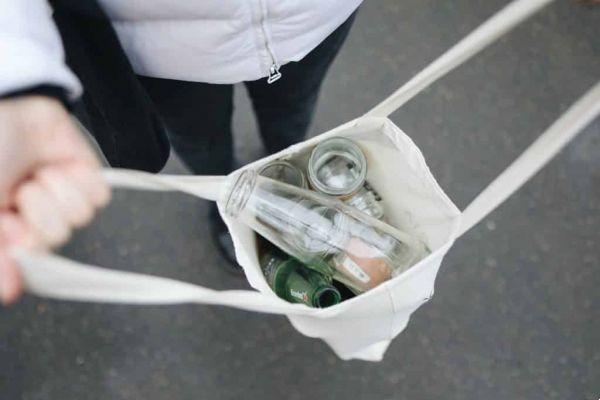
Below is a list of tips based on the book “101 more sustainable days”, by Professor Marcus Nakagawa, which shows us that being sustainable is something simple and possible!
- Do you think about the origin of the product you buy? Does it analyze whether the company has social and environmental ethical principles? Sometimes a cheaper similar product is cheaper precisely because it didn't take these issues into account in its process. We, consumers, have the power in our hands at the time of purchase to signal preferences based on ethics or just value. Think about it!
- Buying local products helps a lot, especially at this moment, to keep the neighboring producer “alive” in the market. From an environmental point of view, local consumption contributes a lot to reduce the “ecological footprint”, because it reduces pollution with the transport of the product, it will probably have less waste (packaging) etc.
- Take the opportunity to spend more time at home during this period and observe the amount of waste generated. Did you know that more than 50% of waste is of organic origin (food scraps)? So first try to reduce waste by reusing fruit and vegetable peels and stalks. And second, I invite you to make a home composter. I have a 45 liter compost bin (3 boxes of 15 L) inside my 70 square meter apartment and it is super possible. It does not generate any odor as most are afraid. The secret is to cover the residue well with dry matter. With this action, you reduce by almost half your household waste sent to landfill. This is a sustainable impact mega-action!
- If you live in neighborhoods that don't have selective collection, how about gathering some neighbors who are committed to selective collection and partnering with a recyclable material cooperative to collect the material?! There are several apps that indicate the closest cooperatives in São Paulo.
- Does your condo have cooking oil collection? If not, engage some neighbors in this action and contact a cooperative for collection, as its disposal in the sink is a huge source of pollution.
- Use reusable bags when going to supermarkets, take a bottle of water when you leave the house so you don't use disposables, etc.
You may also like
- Improve the world: live sustainably
- 10 attitudes for you to be sustainable in everyday life
- See how to have a sustainable wardrobe
In short, rethink and reframe your habits. Do it consciously and not automatically!
I really like this thought: “Every crisis has 3 elements: an expiration date, a solution and a lesson for your life” (Alex Nascimento). Let's go together on this new and challenging journey!? 😉



